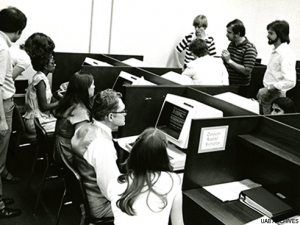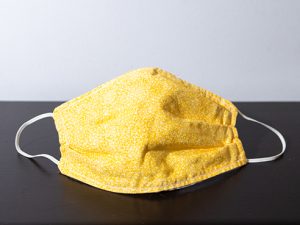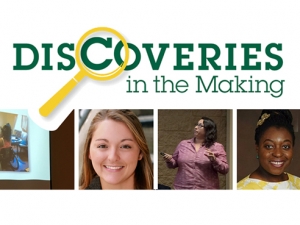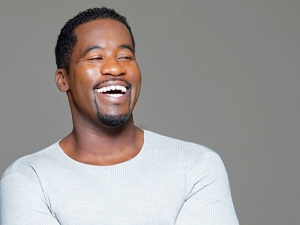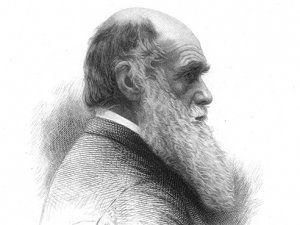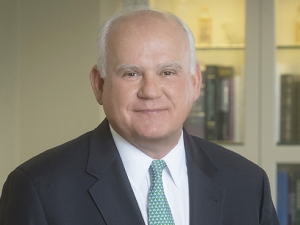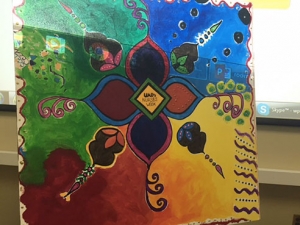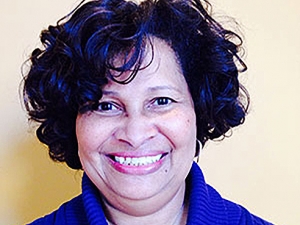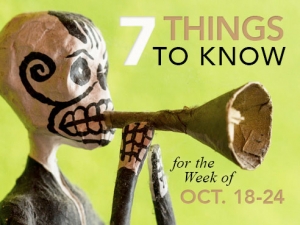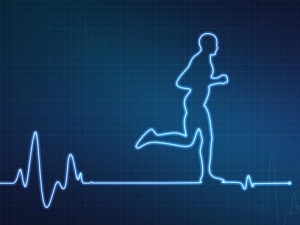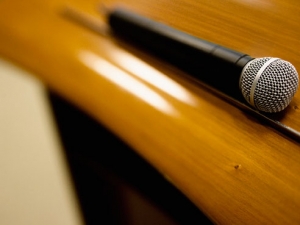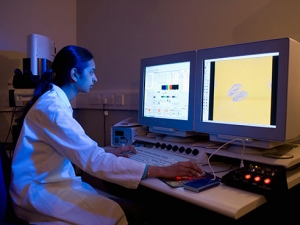Review the Canvas modules and explore the sandbox with help from the UAB Career Center and UAB eLearning.
COVID-19, virtual medicine and teaching an old doc new tricks
 Computer access for all UAB students will make this fall’s hybrid-learning model possible — exponential growth from the six computer terminals designated for math and science learning in 1978.
Computer access for all UAB students will make this fall’s hybrid-learning model possible — exponential growth from the six computer terminals designated for math and science learning in 1978.
Siegal named to inaugural Sigma Xi Fellows cohort
Gene Siegal, M.D., Ph.D., interim chair of Genetics and executive vice chair of Pathology, is one of 20 named Fellows of the scientific research honor society for his distinguished contributions as a physician scientist, scholar and leader in academic medicine.
See how colleagues are getting ready and ask: Is my area all set? Download signs, learn best practices for self-installing and order customized signs on the new uab.edu/uabunited site.
4 things to know about Facilities, IT services this fall
As employees and students return to campus for the fall semester, UAB Facilities and Information Technology are adjusting certain services to accommodate social-distancing and hygiene protocols.
UAB’s AWARE program provides confidential disability-management services when an employee’s job is affected by a physical, mental or emotional impairment.
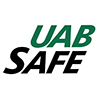 As Blazers return to campus to begin the fall semester, wearing face masks will be required to reduce the transmission of COVID-19. But there’s more to masking than slipping the straps behind your ears — keeping it clean, handling it correctly and wearing it properly and are all crucial in ensuring your mask protects both you and others.
As Blazers return to campus to begin the fall semester, wearing face masks will be required to reduce the transmission of COVID-19. But there’s more to masking than slipping the straps behind your ears — keeping it clean, handling it correctly and wearing it properly and are all crucial in ensuring your mask protects both you and others.
Campus COVID-19 testing site to be relocated
UAB Medicine is moving its drive-thru testing site to the the UAB Hospital-Highlands parking deck effective Aug. 9.


